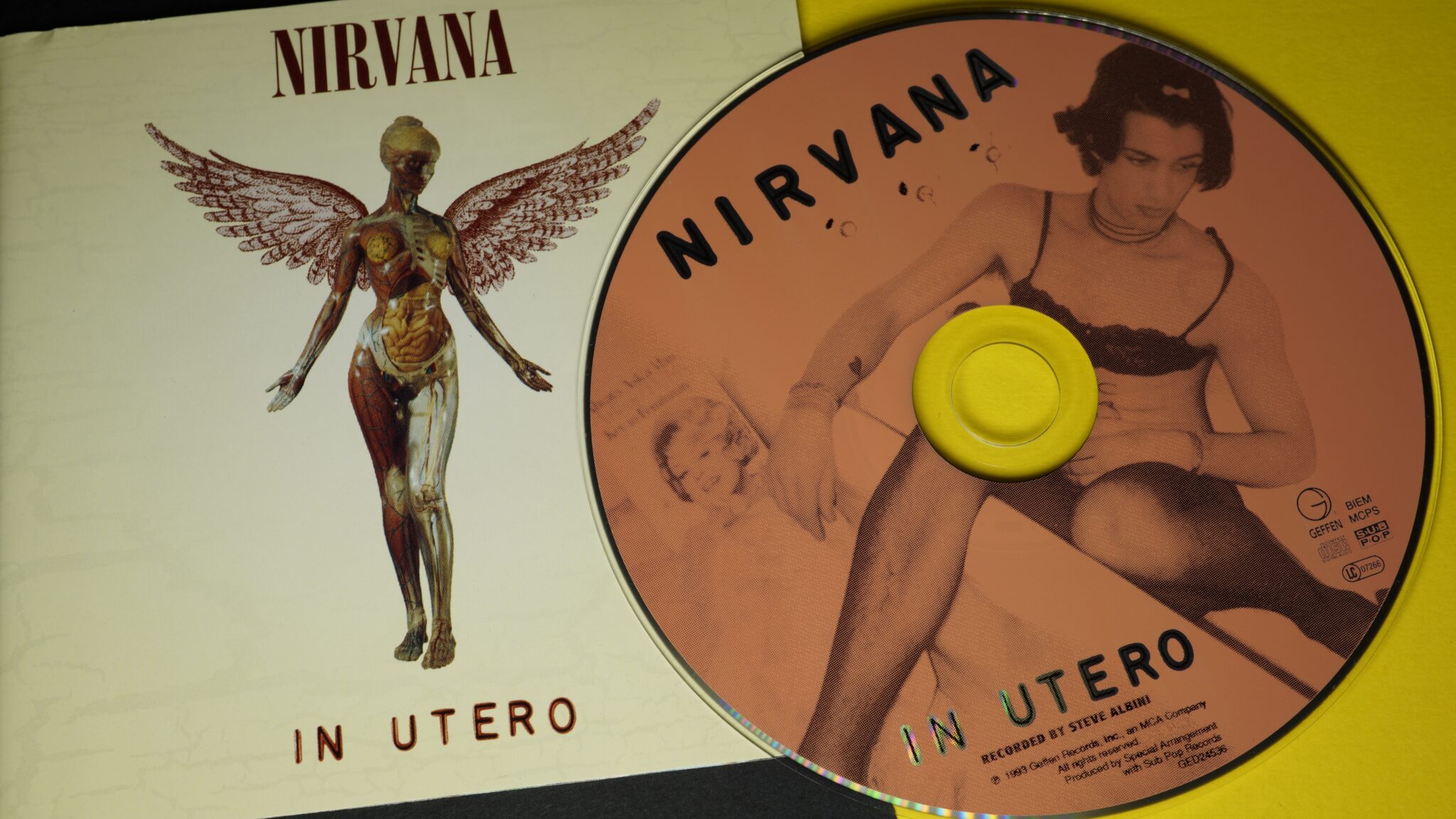
Steve Albini, Storied Producer and Rock Icon, Dies at 61
Steve Albini, legendary audio engineer, producer, and frontman of Shellac and Big Black, died on May 7 at age 61 from a heart attack. Staff at his Electrical Audio studio in Chicago confirmed the news to Pitchfork. Albini left an indelible mark on the music industry through his influential work on albums by Nirvana, Pixies, PJ Harvey, and many others. Shellac, his final band, was preparing for a tour supporting their first album in a decade, To All Trains, set for release next week.
A Distinct Approach to Recording
While Albini disliked the term “producer” and instead preferred “engineer,” he was known for his uncompromising recording style that emphasized raw, live-sounding analog production. His early work on Pixies’ Surfer Rosa, Slint’s Tweez, and The Breeders’ Pod solidified his reputation. Throughout the late 1980s and 1990s, he worked on seminal albums like Nirvana’s In Utero, The Jesus Lizard’s Goat, PJ Harvey’s Rid of Me, and many more, becoming synonymous with an intense, natural sound. His vast catalog (and vast is an understatement) includes notable collaborations with Brainiac, The Wedding Present, Low, and others.
Musical Journey and Legacy
Albini’s journey into music began in Pasadena, California, before his family settled in Missoula, Montana. The Ramones ignited his passion for punk during his teenage years. While studying journalism in Illinois, he became deeply involved in Chicago’s punk scene. He formed Big Black in the early 1980s, creating a signature aggressive sound, often backed by a drum machine. Later, he established Shellac with Bob Weston and Todd Trainer, releasing five albums that embraced his minimalist, powerful rock ethos.
Beyond his work as a musician and engineer, Albini made waves for his uncompromising views. He criticized music industry practices in zines like Matter and was unafraid of courting controversy through provocative song titles and statements. Despite his rebellious nature, Albini eventually recognized and apologized for past missteps, seeking redemption through open discussions about privilege and his influence on edgelord culture.
My Personal Favorite Albini Records
Pixies – Surfer Rosa (1988)
Pixies’ Surfer Rosa is often considered a milestone in alternative rock. Albini’s raw production style perfectly captured the band’s dynamic range, from haunting melodies to high-energy bursts of noise. The album became known for its unconventional song structures and cryptic lyrics. Check out a ranking of Pixies’ discography.
- Representative Songs: “Where Is My Mind?”, “Bone Machine”
The Breeders – Pod (1990)
On Pod, Kim Deal’s supergroup, The Breeders, combined alt-rock and dreamy pop. Albini’s stripped-down recording approach brought the band’s lo-fi aesthetic to life. This album set the stage for their subsequent commercial success with Last Splash.
- Representative Songs: “Doe,” “Hellbound”
Fugazi – In on the Kill Taker (1993, Unofficial)
Before going with Ted Niceley and Don Zientara for the official release of In on the Kill Taker, Fugazi initially recorded a version with Albini. While these recordings were ultimately unreleased, they captured a raw and intense energy highlighting the band’s post-hardcore ethos. The Steve Albini version is on youtube (below).
- Representative Songs: “Smallpox Champion,” “Rend It”
Jawbreaker – 24 Hour Revenge Therapy (1994)
Jawbreaker’s 24 Hour Revenge Therapy blends pop-punk and emo influences with introspective lyrics. Albini’s production sharpened the band’s melodic yet gritty sound, making this album a defining moment in their discography.
- Representative Songs: “Boxcar,” “Do You Still Hate Me?”
Nirvana – In Utero (1993)
Nirvana’s third and final studio album, In Utero, saw Albini embracing the band’s desire for an unpolished, visceral sound. This approach amplified Kurt Cobain’s raw vocals and lyrical angst, contrasting sharply with the commercial polish of Nevermind. Related: Find the best Nirvana songs chosen by listeners and Todd.
- Representative Songs: “Heart-Shaped Box,” “All Apologies”
Melt-Banana – Speak Squeak Creak (1994)
Japanese noise rock band Melt-Banana’s debut album, Speak Squeak Creak, showcases their frenetic, chaotic sound. Albini’s production captures and preserves the band’s wildly energetic style.
- Representative Songs: “Shuuuuuuuuuuuuuuuuuuuu,” “Ketchup-Mess”
Danielson – Fetch the Compass Kids (2001)
Fetch the Compass Kids by Danielson is a whimsical, avant-garde take on indie pop. Albini captured the group’s eccentric arrangements, giving the album a bright, vibrant sound while maintaining its quirky, experimental feel.
- Representative Songs: “We Don’t Say Shut Up,” “Let Us A.B.C.”
Godspeed You! Black Emperor – Yanqui U.X.O. (2002)
Godspeed You! Black Emperor’s Yanqui U.X.O. took their expansive post-rock compositions and grounded them with Albini’s meticulous production. The result was a dense, haunting album that evoked political commentary through instrumental storytelling.
- Representative Songs: “09-15-00,” “Rockets Fall on Rocket Falls”
Leftöver Crack – Fuck World Trade (2004)
Leftöver Crack’s Fuck World Trade merges punk, ska, and hardcore into a politically charged album. Albini’s production provided a cleaner, more refined sound compared to their earlier work without sacrificing the band’s ferocity.
- Representative Songs: “Gang Control,” “Clear Channel (F*** Off!)”
Joanna Newsom – Ys (2006)
Joanna Newsom’s Ys stands as a unique work in the singer-songwriter genre. Albini’s engineering complemented Van Dyke Parks’ orchestral arrangements and Newsom’s intricate harp playing, creating a lush, immersive sound.
- Representative Songs: “Emily,” “Cosmia”








